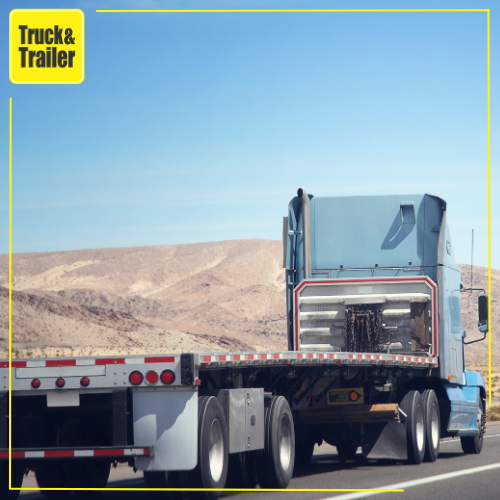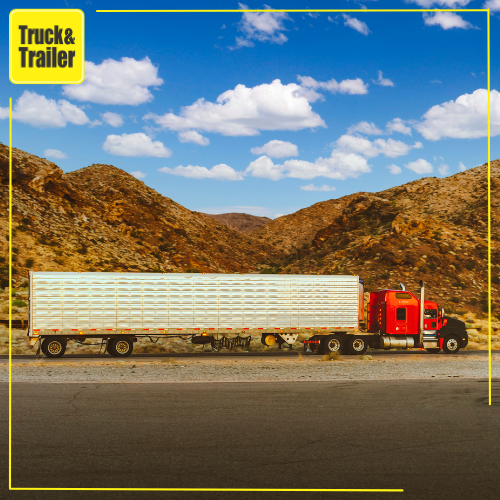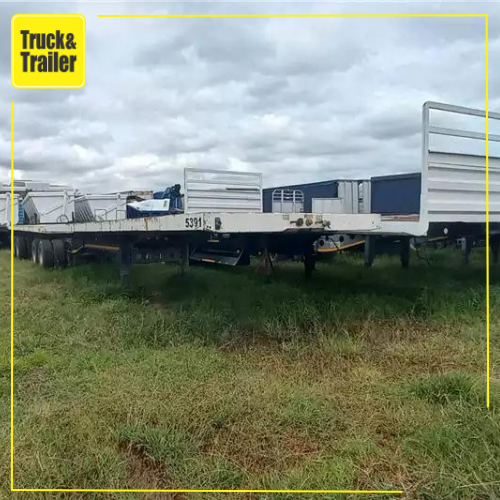
The Evolution of Trailers: Basic Carriers to Advanced Cargo Solutions
Date: 06/10/2023
In the world of transportation and logistics, trailers have played a vital role in moving goods efficiently and safely from one place to another. Over the years, these humble carriers have undergone a remarkable evolution, transforming from basic cargo carriers into advanced cargo solutions. This evolution has been driven by technological advancements, changing industry demands, and a growing focus on sustainability. In this article, we will explore the evolution of trailers, from their early origins to the advanced cargo solutions we see today. Take a moment to explore all listed trailers available on Truck & Trailer to expand and enhance your business.
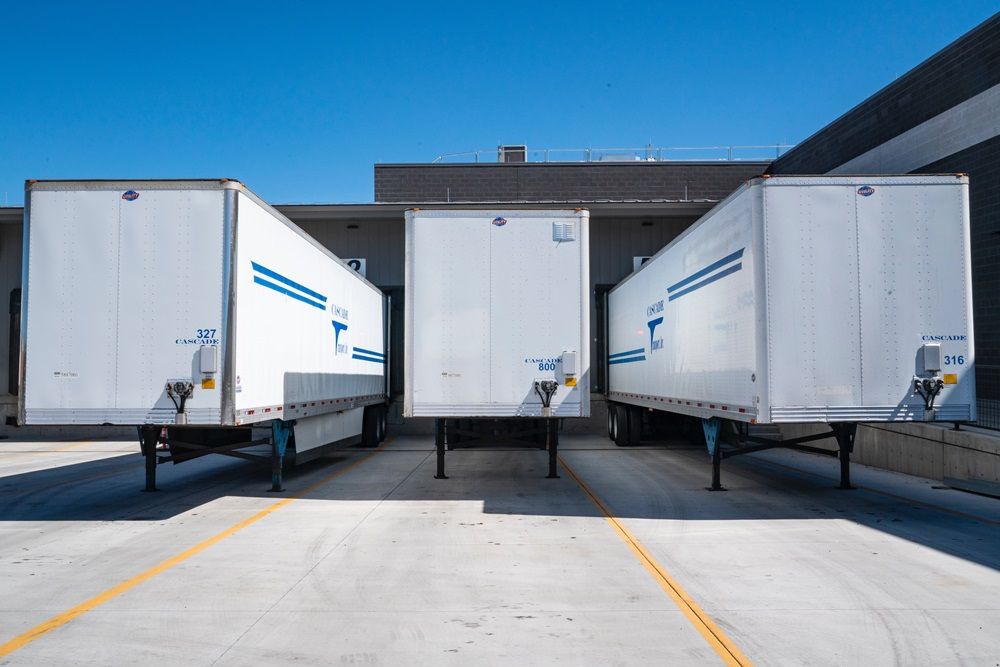 Photo by ELEVATE on Pexels
Photo by ELEVATE on Pexels
The Birth of Trailers
The concept of a trailer as an auxiliary vehicle to transport goods behind a motorised vehicle can be traced back to the late 19th century. Initially, these trailers were rudimentary, often consisting of little more than a simple platform with wheels. They were primarily used for carrying cargo short distances, and their design was basic, lacking many of the features we associate with modern trailers.
The Rise of Semi-Trailers
The real breakthrough in trailer design came with the advent of semi-trailers in the early 20th century. A semi-trailer is a type of trailer that is designed to be towed by a truck or tractor. This innovation allowed for greater flexibility in transportation, as trailers could now be detached from the towing vehicle, making loading and unloading more efficient.
The 1930s saw the introduction of refrigerated trailers, enabling the transportation of perishable goods over long distances. This was a game-changer for the food industry, as it opened up new markets and reduced food wastage.
Technological Advancements
As technology advanced, trailers began to incorporate various features to improve safety, efficiency, and cargo protection. Hydraulic lift gates, air suspension systems, and roll-up doors became standard features. These enhancements made it easier to load and unload cargo and improved the overall performance of trailers on the road.
In recent years, telematics and tracking systems have become prevalent in the industry. These systems provide real-time data on a trailer's location, temperature, and other critical parameters, allowing for better control over the transportation process and improved safety.
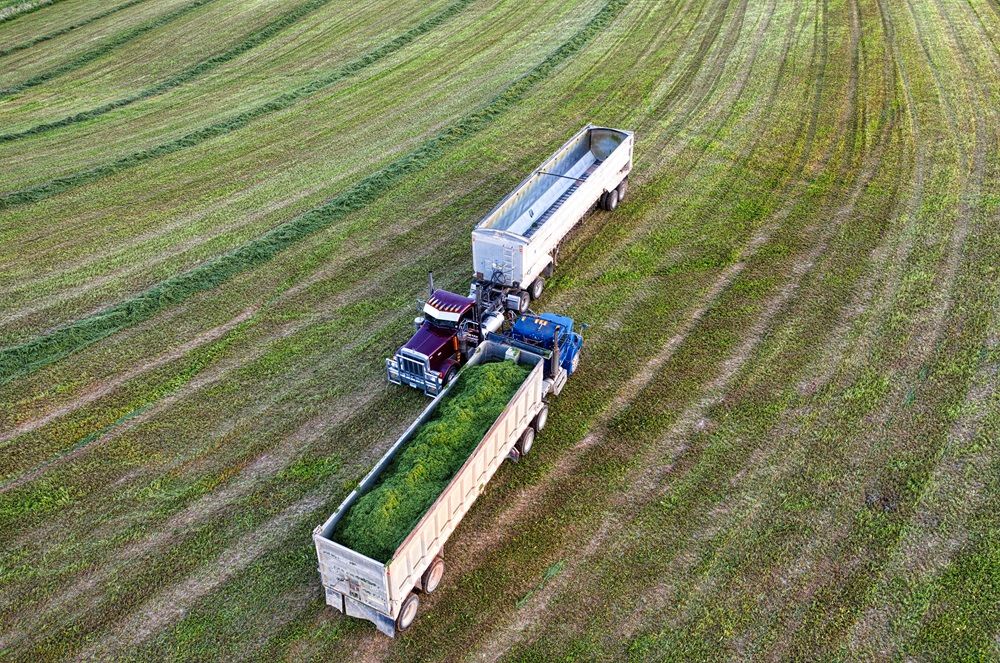 Photo by Tom Fisk on Pexels
Photo by Tom Fisk on Pexels
Specialised Trailers
To meet the diverse needs of industries, specialised trailers have been developed. These include flatbed trailers for hauling oversized loads, lowboy trailers for transporting heavy machinery, and car haulers for moving vehicles. These specialised trailers have expanded the possibilities of what can be transported and how it can be done.
Sustainability and Environmental Concerns
In the 21st century, there has been a growing emphasis on sustainability and reducing the environmental impact of transportation. This has led to innovations in trailer design, such as lightweight materials and aerodynamic features that improve fuel efficiency. Additionally, there has been a push to develop electric and hybrid trailers, which could significantly reduce carbon emissions in the industry.
The Future of Trailers
Looking ahead, the evolution of trailers shows no signs of slowing down. Autonomous trailer technology is on the horizon, promising to revolutionise the logistics industry by reducing the need for human intervention in trailer operation. These trailers will be capable of navigating complex logistics yards, improving efficiency and safety.
Furthermore, advancements in materials science may lead to even lighter and stronger trailer construction materials, further enhancing fuel efficiency and payload capacity. 3D printing and modular design approaches could also revolutionise trailer manufacturing, making it more customisable and cost-effective.
In conclusion, the evolution of trailers from basic carriers to advanced cargo solutions is a testament to human ingenuity and our ability to adapt to the changing needs of the transportation industry. As technology continues to advance, we can expect trailers to become even more efficient, environmentally friendly, and versatile in their applications. Whether it's through autonomous operation or sustainable materials, the trailer of the future promises to be a critical component in the ongoing evolution of logistics and transportation. Now, please explore all the listed trailers on Truck & Trailer to help grow your business.


